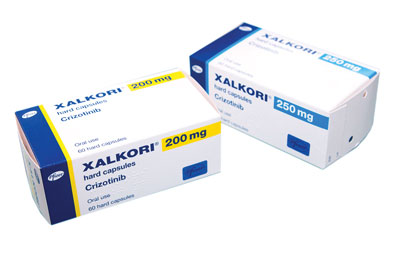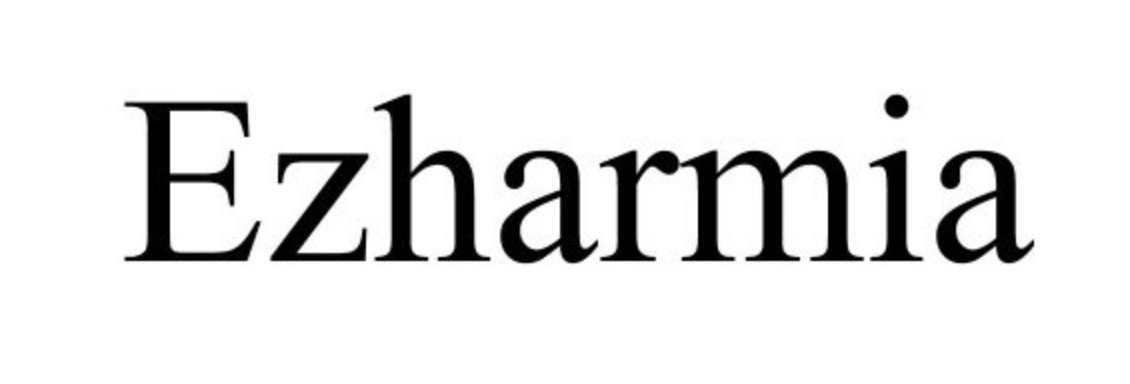Xalkori (crizotinib) vs Ezharmia (valemetostat tosilate)
Xalkori (crizotinib) vs Ezharmia (valemetostat tosilate)
Xalkori (crizotinib) is an oral medication specifically approved for the treatment of non-small cell lung cancer (NSCLC) with certain genetic alterations, such as ALK or ROS1 rearrangements, and has been shown to be effective in shrinking tumors in these specific contexts. Ezharmia (valemetostat tosilate), on the other hand, is an investigational drug that targets EZH1 and EZH2 methyltransferase activity, and is being studied for its potential in treating hematological malignancies and solid tumors with specific epigenetic dysregulations. When deciding between these medications, it is crucial for a patient to consult with their healthcare provider to determine the appropriateness of each drug based on their specific cancer type, genetic profile, and overall health status, as well as the current approval status and available clinical evidence for each medication.
Difference between Xalkori and Ezharmia
| Metric | Xalkori (crizotinib) | Ezharmia (valemetostat tosilate) |
|---|---|---|
| Generic name | Crizotinib | Valemetostat tosilate |
| Indications | Non-small cell lung cancer (NSCLC), ALK or ROS1-positive metastatic NSCLC | T-cell lymphoma (under investigation, not yet approved) |
| Mechanism of action | ALK and ROS1 tyrosine kinase inhibitor | DOT1L and EZH1/2 dual inhibitor |
| Brand names | Xalkori | Ezharmia (not yet approved) |
| Administrative route | Oral | Oral (anticipated) |
| Side effects | Visual disorders, gastrointestinal issues, edema, elevated liver enzymes, fatigue | Not fully characterized due to ongoing clinical trials |
| Contraindications | Hepatic impairment, concurrent use with strong CYP3A inhibitors or inducers | Not fully established due to ongoing clinical trials |
| Drug class | Antineoplastic agent, tyrosine kinase inhibitor | Epigenetic modifier (anticipated) |
| Manufacturer | Pfizer | Daiichi Sankyo |
Efficacy
Xalkori (Crizotinib) Efficacy in Lymphoma
Xalkori, known generically as crizotinib, is a small molecule tyrosine kinase inhibitor primarily approved for the treatment of non-small cell lung cancer (NSCLC) with specific genetic alterations. Its efficacy in lymphoma, particularly anaplastic large cell lymphoma (ALCL), has been explored due to the presence of similar genetic alterations in some lymphoma subtypes. In cases where lymphoma cells exhibit ALK (anaplastic lymphoma kinase) positivity, crizotinib has demonstrated potential efficacy. Clinical trials and case reports have shown that crizotinib can induce responses in patients with ALK-positive ALCL, suggesting a role for crizotinib in the treatment of this subset of lymphoma patients.
Ezharmia (Valemetostat Tosilate) Efficacy in Lymphoma
Ezharmia, with the active ingredient valemetostat tosilate, is an investigational drug that targets the epigenetic regulation of cancer cells. It is a dual inhibitor of EZH1 and EZH2, enzymes that are part of the polycomb repressive complex 2 (PRC2) and are implicated in the pathogenesis of various malignancies, including lymphomas. Preclinical studies and early clinical trials have suggested that valemetostat tosilate may have therapeutic potential in the treatment of certain types of lymphoma, such as adult T-cell leukemia-lymphoma (ATL) and other non-Hodgkin lymphomas (NHLs) that exhibit aberrant PRC2 function.
It is important to note that while there is promising data regarding the efficacy of both Xalkori and Ezharmia in treating certain types of lymphoma, their use in this context may not be fully approved by regulatory agencies. The evidence for their efficacy in lymphoma largely comes from clinical trials, case studies, and off-label use. Therefore, the use of these medications for lymphoma should be considered carefully and within the context of clinical trials or as part of a comprehensive treatment plan under the guidance of a healthcare professional experienced in oncology.
For the most current information on the efficacy of Xalkori and Ezharmia in treating lymphoma, healthcare providers should consult the latest clinical trial data, peer-reviewed studies, and treatment guidelines. As with all medications, the potential benefits of these drugs must be weighed against their risks, and their use should be tailored to the individual patient based on the specific characteristics of their disease and their overall health profile.
Regulatory Agency Approvals
Xalkori
-
European Medical Agency (EMA), European Union

-
Food and Drug Administration (FDA), USA

-
Health Canada

-
Pharmaceuticals and Medical Devices Agency (PMDA), Japan

-
Therapeutic Goods Administration (TGA), Australia

Ezharmia
-
Pharmaceuticals and Medical Devices Agency (PMDA), Japan

Access Xalkori or Ezharmia today
If Xalkori or Ezharmia are not approved or available in your country (e.g. due to supply issues), you can access them via Everyone.org.
How it works

Make an enquiry
Choose the medicine you want to buy, answer a couple of questions, and upload your prescription to speed things up. We’ll get back to you within 24 hours.


Make an enquiry
Choose the medicine you want to buy, answer a couple of questions, and upload your prescription to speed things up. We’ll get back to you within 24 hours.


Breeze through the paperwork
We'll guide you through the required documents for importing unapproved medicine, ensuring you have all the necessary information.


Get a personalized quote
We’ll prepare a quote for you, including medicine costs and any shipping, administrative, or import fees that may apply.


Receive your medicine
Accept the quote and we’ll handle the rest - sourcing and safely delivering your medicine.

Some text on this page has been automatically generated. Speak to your physician before you start a new treatment or medication.
Let's talk
If you have any questions, call us or send us a message through WhatsApp or email:
Contact us




